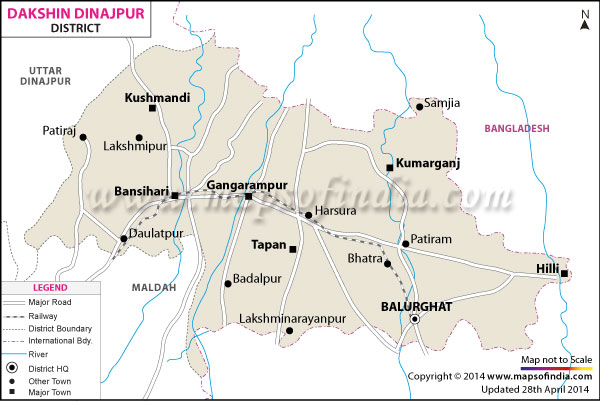On June 12, 1975, that Justice Jagmohan Lal Sinha of the High Court of Allahabad pronounced judgment in the election petition filed against Gandhi (State of Uttar Pradesh v. Raj Narain), holding her guilty of corrupt practices, and disqualifying her from holding all public office (a statutory six-year disqualification).
P.N. Dhar was prime minister’s principal secretary.
Petition of appeal filed in Supreme Court (then in vacation) for an absolute stay of the Allahabad High Court judgment.
Justice Iyer’s order was handed down on June 24, 1975: Only a conditional stay — no absolute stay. Justice V. R. Krishna Iyer, on 24 June 1975, upheld the High Court judgement and ordered all privileges Gandhi received as an MP be stopped, and that she be debarred from voting. However, she was allowed to continue as Prime Minister.
Officially issued by President Fakhruddin Ali Ahmed under Article 352(1) of the Constitution for "internal disturbance", the Emergency was in effect from 25 June 1975 until its withdrawal on 21 March 1977.
Criticism and accusations of the Emergency-era may be grouped as:
- Detention of people by police without charge or notification of families
- Abuse and torture of detainees and political prisoners
- Use of public and private media institutions, like the national television network Doordarshan, for government propaganda
- Forced sterilisation.
- Destruction of the slum and low-income housing in the Turkmen Gate and Jama Masjid area of old Delhi.
- Large-scale and illegal enactment of laws (including modifications to the Constitution).
- The Emergency years were the biggest challenge to India's commitment to democracy, which proved vulnerable to the manipulation of powerful leaders and hegemonic Parliamentary majorities.























